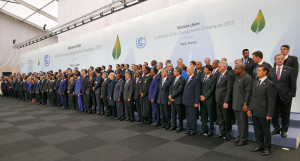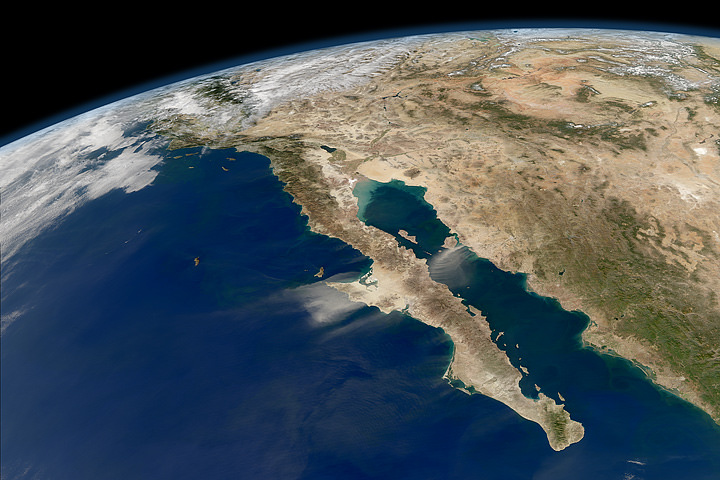Four years ago, when I came to Gustavus Adolphus College to pursue an undergraduate degree, I would not have been able to tell you what a caucus was for the life of me. Coming from a small town in South Dakota, political engagement among my peers was nonexistent. When I came to Minnesota, I was amazed at how many young people participate in the state’s democratic processes.
As a kid I grew up hearing the words global warming, climate change, mass extinction, and rising ocean levels while watching the news with my parents at night. Nearly fifteen years have passed, but it has become abundantly clear that my generation and those alive today are the first to grasp what is at stake for the future of our planet. We are the last group of people who can do anything to stop our climate crisis.
This past fall, global leaders met in Paris during the Council of Parties 21st summit (also known as COP21) to discuss an agreement on what action should be taken to combat climate change. This meeting happened just as reports suggested that 2015 was the hottest year in recorded history.
The words “climate crisis” might sound like I’m blowing things out of proportion, but believe me, our reality is even more extreme than you might think. All around our planet, flooding, extreme storms, longer winters, excessive droughts, and heavier snowfalls have occurred at an unprecedented rate. Due to rising sea levels, the French-speaking Biloxi-Chitimacha-Choctaw tribe have been forced from the lands they have called home on Louisiana’s gulf coast. They are the first North American climate refugees. But wait, there’s more! Climate change has had a profound effect on food production and potable water supply. Our ability to effectively grow fruits and vegetables is declining at an alarming rate.

Though the Earth goes through cycles of warming and cooling, the presence of human civilization, industrialization, and development has accelerated the process. The Earth does not need saving. We, the humans, need to be saved from our impending extinction and no one can do it but ourselves.
It is clear that our generation and those alive today are the first group of people to grasp what is at stake for the future of our planet. We are also the last group of people who can do anything to curtail our climate crisis.
Even then, we cannot let anything extinguish the one thing climate cannot change: our hope and love for one another, our planet, and the future we can achieve when we work together to solve the issues facing humanity today. And that’s why I love that I can vote.
It’s that same hope which brings me to the voting booth and excited to participate in our democracy. It may not be convenient, fun, or even something that you feel super passionate about, but voting plays an important role in our ability to shape our future. It may not feel like one vote can do anything to change the world but that isn’t the point – it’s the collective action that people can take to make the world a better place through voting that makes a difference.
The same goes for combatting climate change. You cannot really see any change when you are the only one adjusting your lifestyle to be more environmentally and climate consciousness but it is going to take the voices and hands of every person living on the planet today to bring forth visible and noticeable change.
I want leaders that consistently take action on adapting to our current global climate. I want leaders who do not simply look for easy solutions to energy woes for a quick buck. We need leaders who look at the looming future that their children and grandchildren will inherit as a result of their decision-making. We need leaders who address long-term goals before favoring short-term easy fixes.
It is important for me and my generation to increase our political involvement. We must hold our leaders accountable to the agreements reached during the COP21 summit, and to uphold any future policy that will create a livable future for all people.
